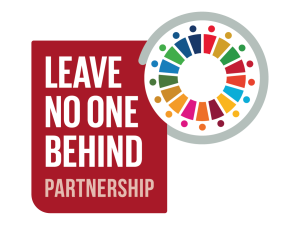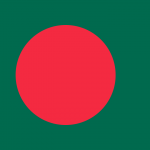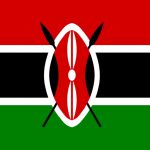SDG monitoring and review is key to ensuring effective planning and implementation of the 2030 Agenda. Yet, this is a field in which states face numerous challenges, not least related to the production, communication and use of data. Data partnerships which promote the use of complementary data (e.g. citizen-generated data, human rights data or administrative data) have the potential to strengthen SDG monitoring and review and can help fill data gaps and ensure that no one is left behind. This is particularly relevant as countries strive to build forward better from the Covid-19 pandemic.
This event will discuss the experiences of the Leave No One Behind Partnership (hosted by the International Civil Society Centre – ICSC) and the Inclusive SDG Data Partnerships project, an initiative promoted by Partners for Review/GIZ, the Danish Institute for Human Rights, and ICSC. The Leave No One Behind Partnership is currently active in six countries: Bangladesh, Denmark, India, Kenya, Nepal and Vietnam, aiming to promote the use of community-driven data as a complementary source for SDG monitoring and policy making. The Data Partnerships initiative supports six countries to establish a cross-sector SDG data collaboration, bringing together government, National Statistics Offices, National Human Rights Institutes and civil society. Country partners are Costa Rica, Canada, Ghana, Nepal, Philippines and the Palestinian Territories.
The online session format is dynamic, including short presentations of good practices, lessons learned, progress made and ways forward from the participating countries. There will be the chance for the audience in the room and in the virtual space to interact with our country speakers.
This event aims to generate a constructive exchange of practices to inspire the ongoing collaboration efforts in these countries and in others. Speakers will reflect the diversity of the country groups, with representatives from government, civil society, National Human Rights Institutes and National Statistics Offices.








